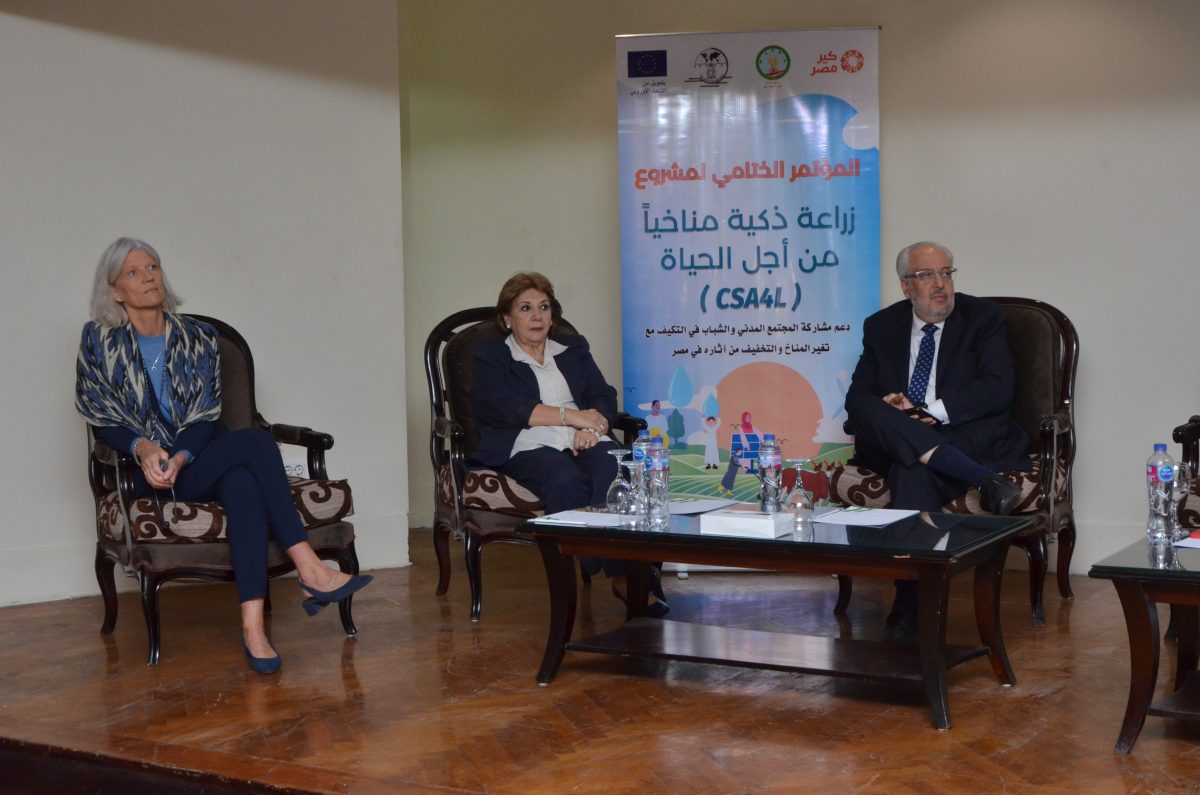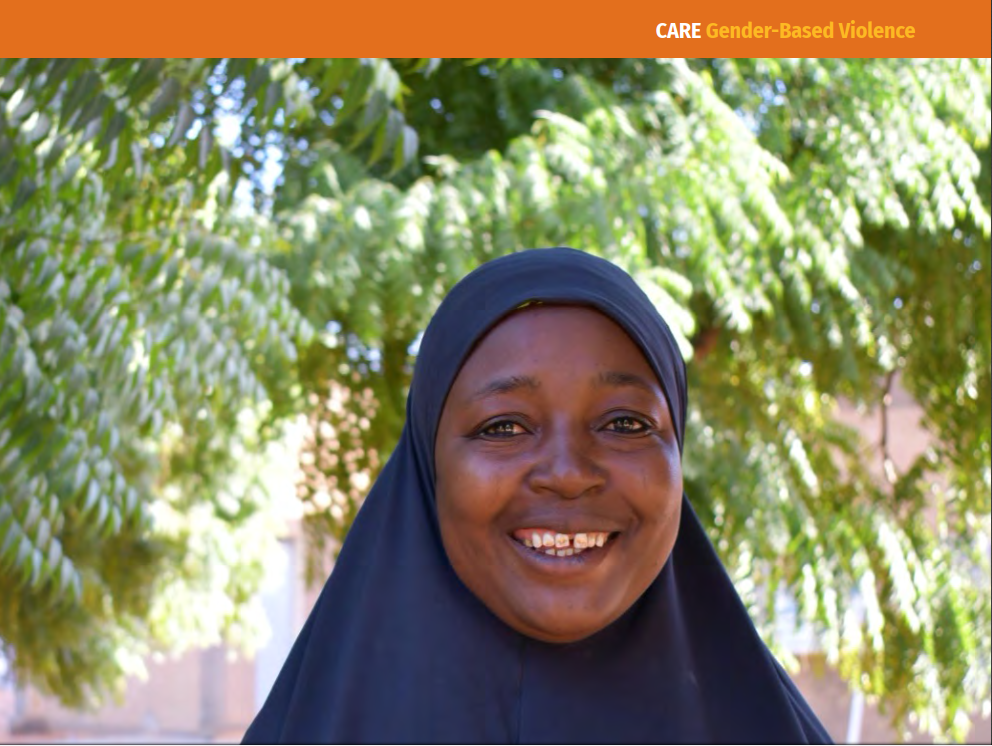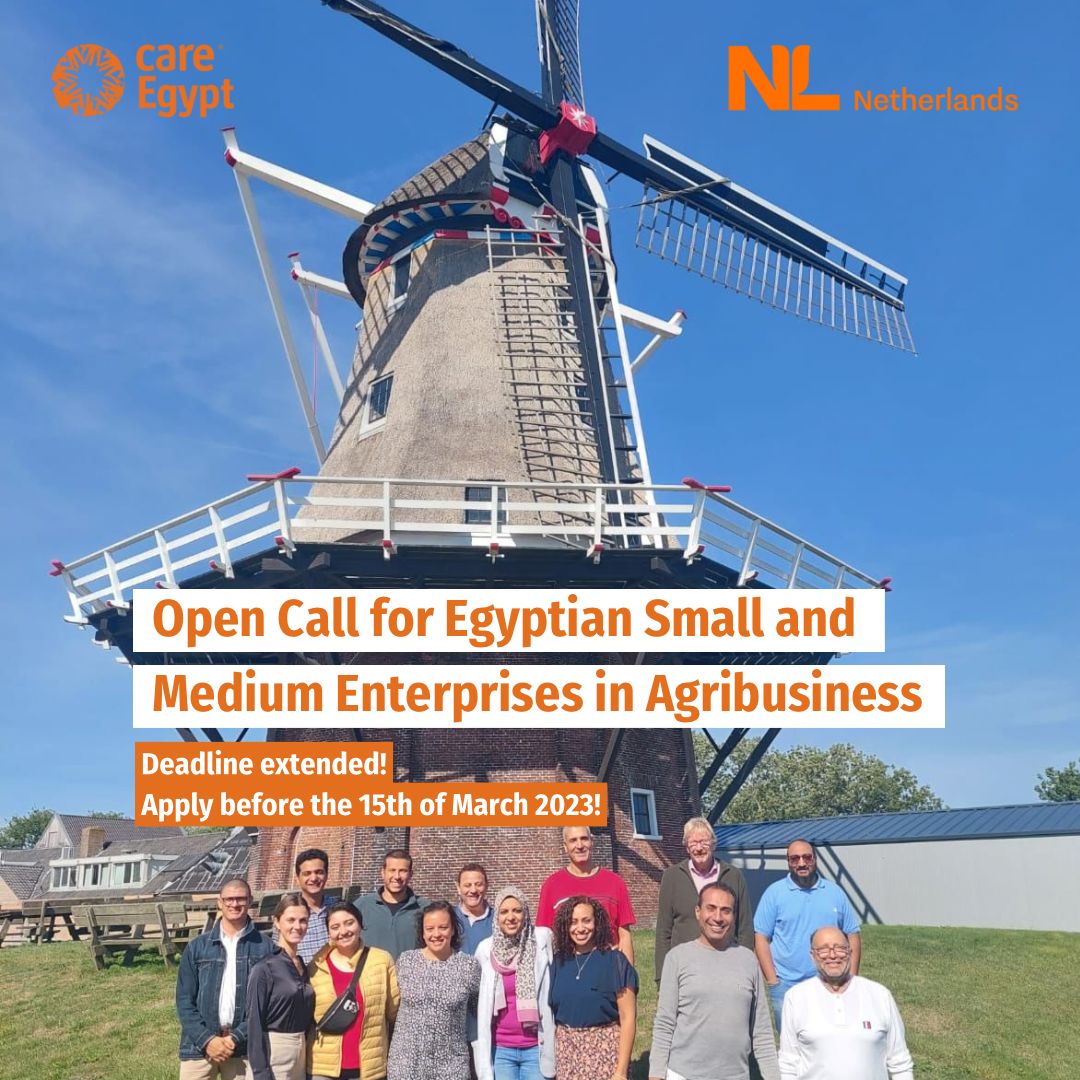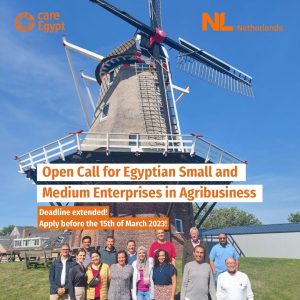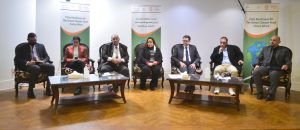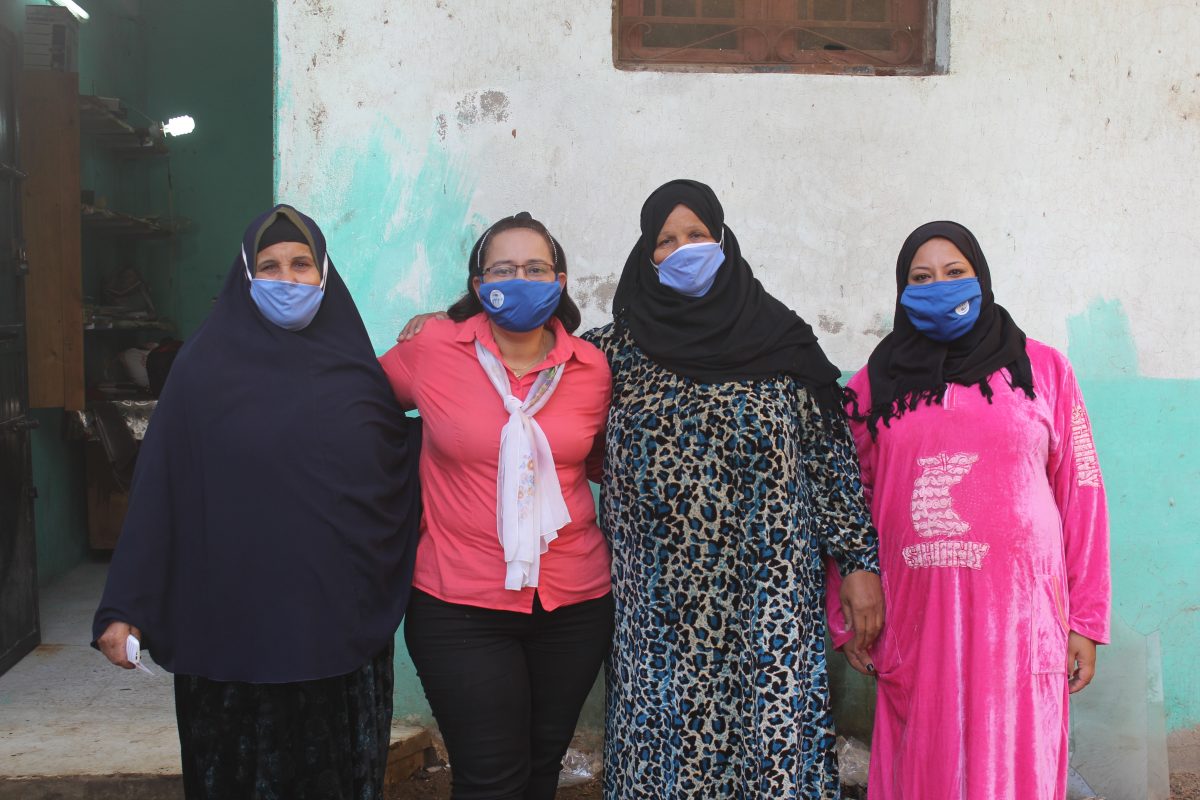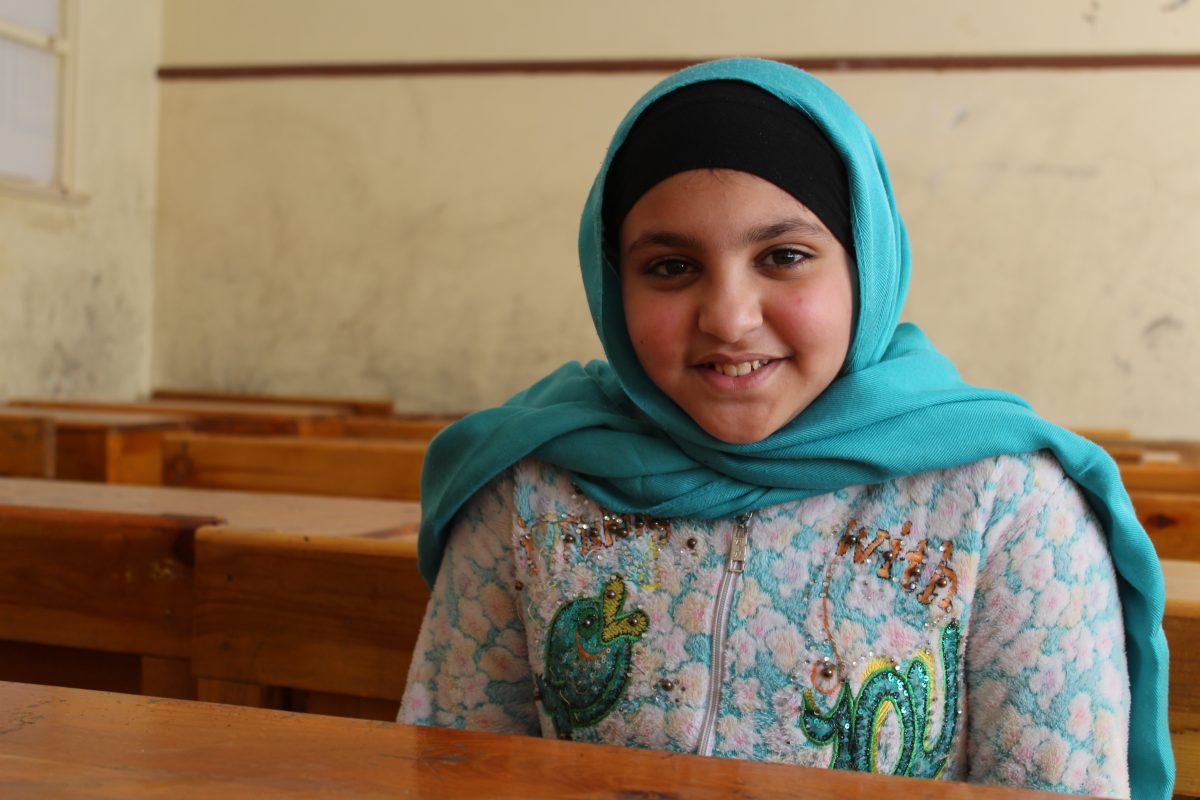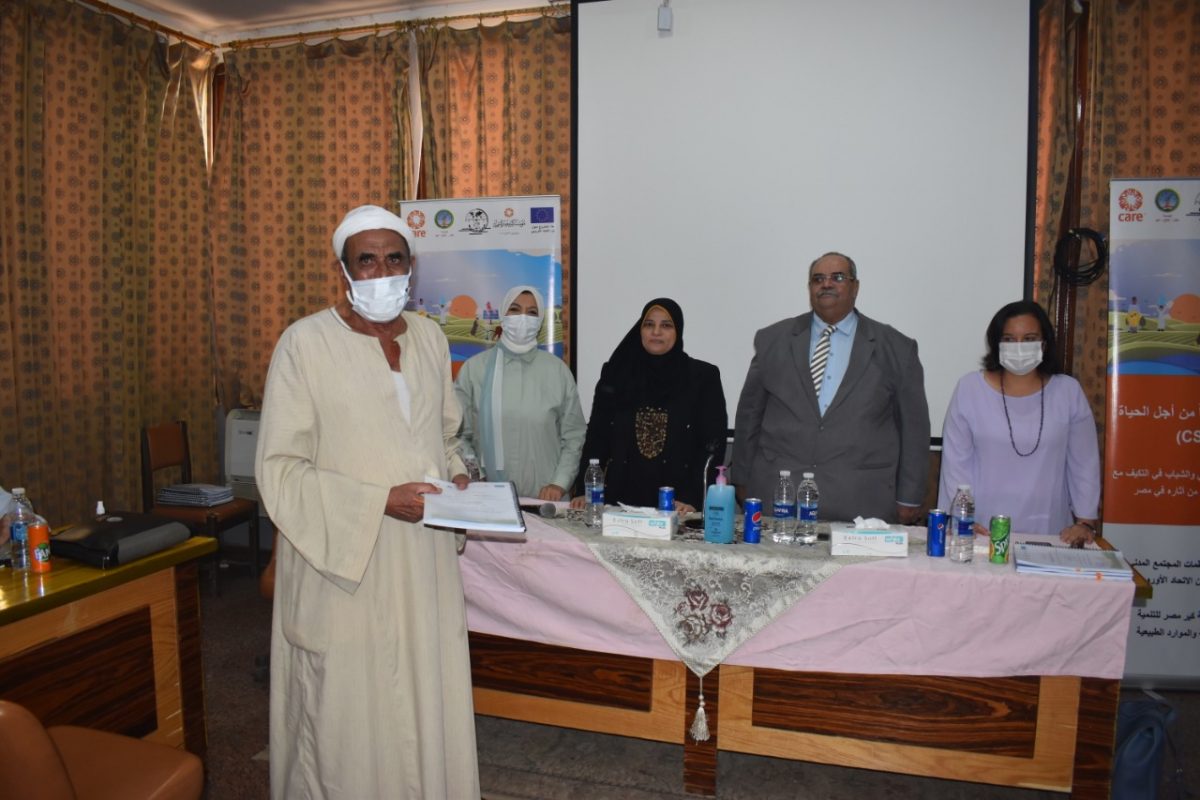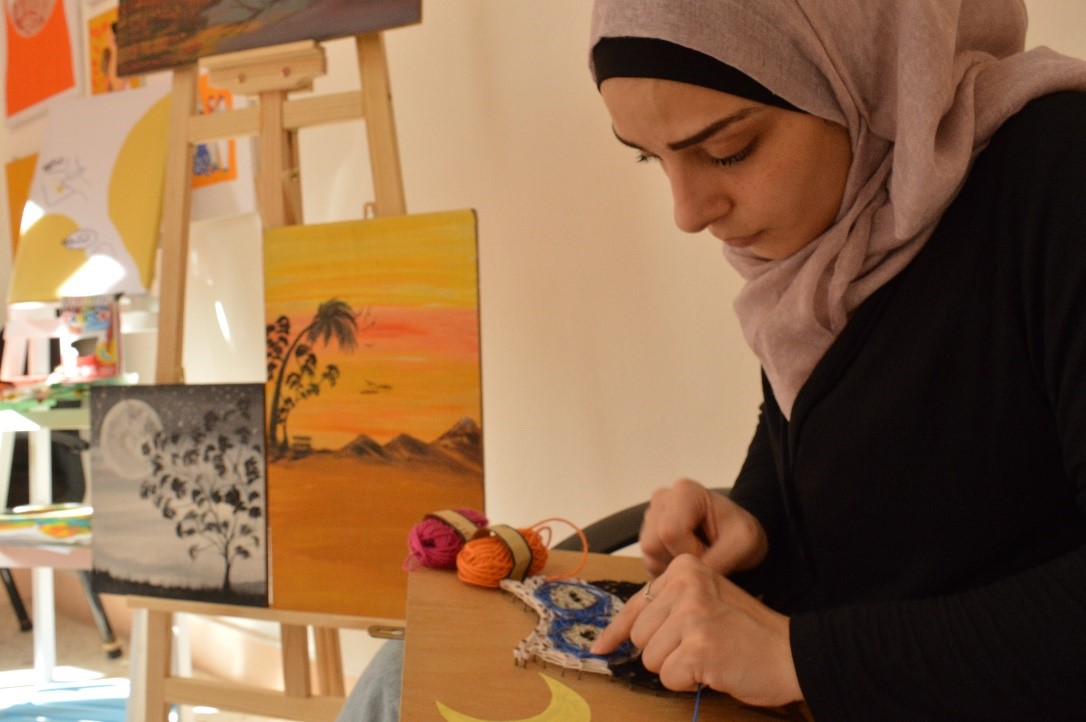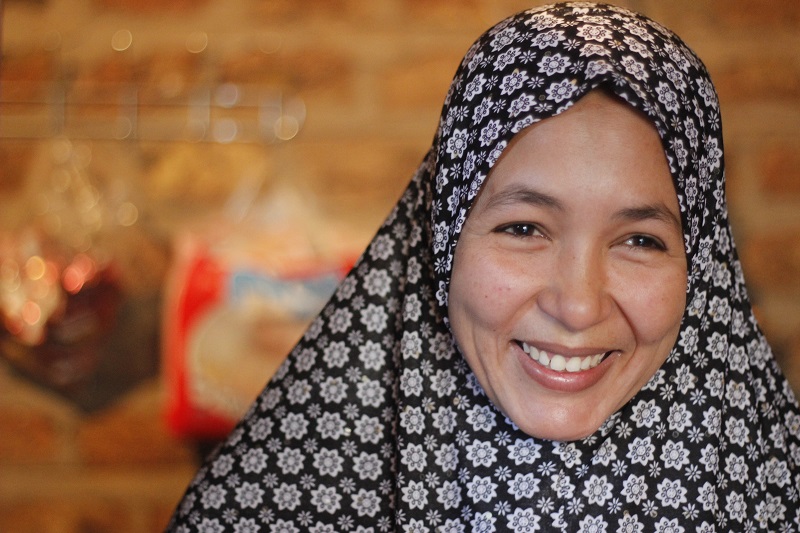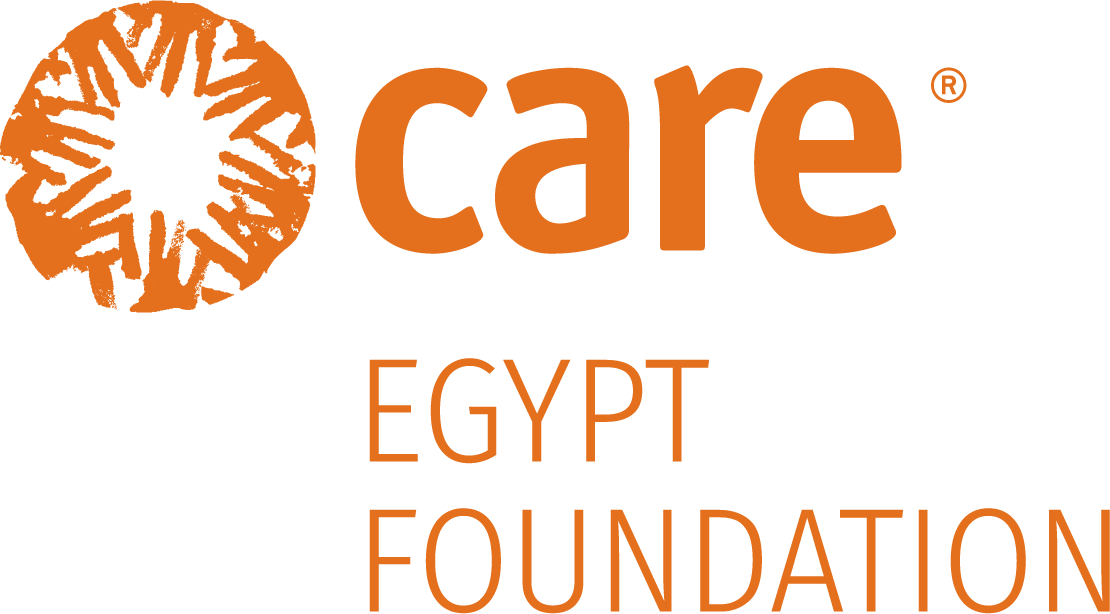Engaging Civil Society and Youth: Closing Event Highlights Impactful Strategies
In a world grappling with the far-reaching consequences of climate change, CARE Egypt’s Climate Smart Agriculture for Life Project (CSA4L) emerges as a beacon of hope. The project, aimed at supporting small-scale farmers in adaptation to and mitigating the effects of climate change, has not only navigated the complexities of environmental challenges but has also empowered vulnerable communities in Egypt.
The closing conference, held on December 13, 2023, at the Holiday Inn Hotel in Maadi, Cairo, marked the culmination of CSA4L. This event brought together key stakeholders, experts, and influencers to reflect on the achievements, methodologies, and the broader impact of the project.
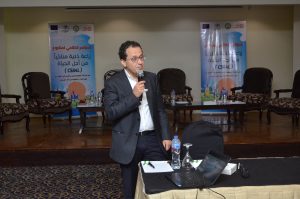
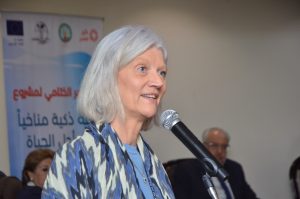
Speakers’ Insights:
The conference opened with a warm welcome from Ms. Nihal El Quwisny, the Chairman of the Board of Trustees at CARE Egypt. Dr. Hazem Fahmy, the Executive Director, provided insights into the journey of CSA4L, highlighting its significance in the context of Egypt’s environmental challenges. Ms. Anne Kofoed, Head of Social Inclusion and Governance Sector, shared her perspective on the project’s role in fostering inclusivity and resilience.
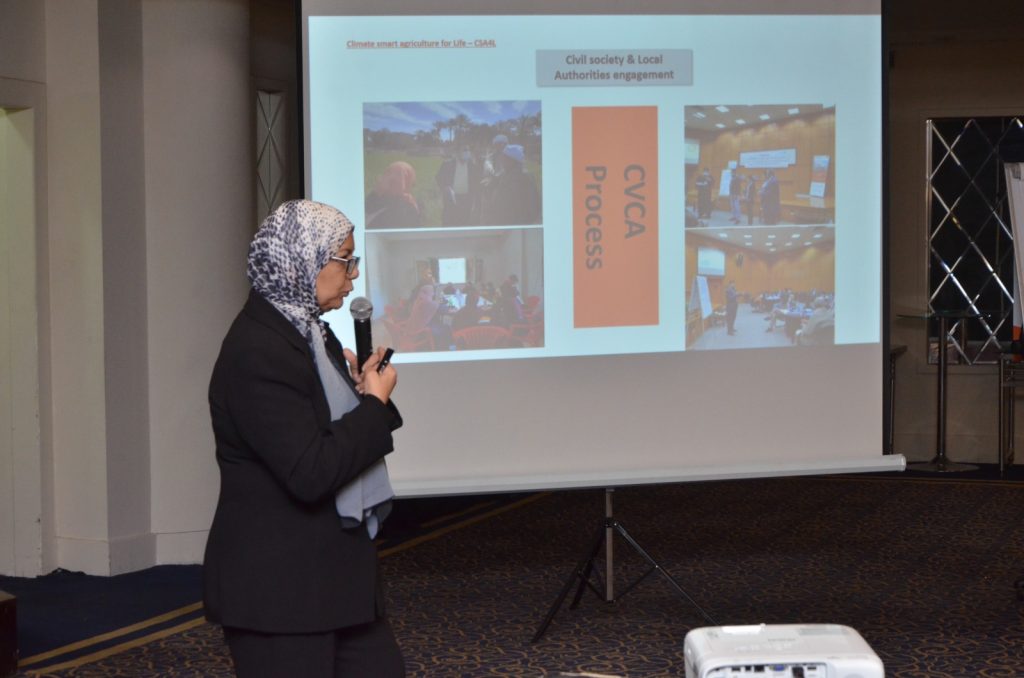
Overview and Impact:
Howaida Nagy, the Project Manager, presented a comprehensive overview of CSA4L, showcasing results, methodologies, and the vulnerability assessment results conducted by AHDO. Dr. Mamdouh Eissa, Managing Director at AHDO, El Sayed Sabry, CEO of ECCSCO, and Dr. Samir Massoud, Professor at Al-Azhar University, provided their insights into the project’s impact on small-scale farmers.
Dr. Iman Abdul-Azim, a Geographic Information Systems and Remote Sensing Expert, delved into the innovative technologies employed in the project, highlighting the use of solar-powered irrigation and early warning systems.
Panel Discussions:
The conference featured engaging panel discussions, bringing together experts and practitioners. Dr. Seham Kamel led discussions on community-based monitoring models as tools for engaging youth in climate change adaptation. Isaac Zaki discussed the role of climate-smart organizations in contributing to a sustainable future. Prof. Dr. Zakaria Fouad shared insights on the results, best practices, and sustainability of Climate Smart Agriculture.
Closing and Key Takeaways:
Ms. Marwa Hussein, Program Director of the Agriculture and Natural Resources program, concluded the event by summarizing key takeaways. She emphasized the importance of community engagement, youth involvement, and innovative approaches in addressing climate challenges.
Project Aims and Achievements:
The CSA4L project, funded by the European Union, aimed to support small-scale farmers in adapting to climate change and mitigating its adverse effects. By introducing climate-smart agricultural practices, the project has empowered over 7,788 beneficiaries, including 2,688 female farmers, and 5,100 male farmers.
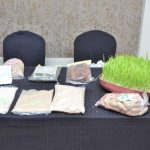
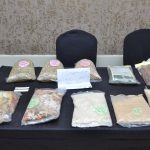
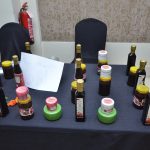
Key achievements include the use of agricultural waste for composting, cultivation of climate-resistant crops, solar-powered irrigation, and the establishment of early warning systems. Notably, the project’s success has garnered international recognition, with participation in prestigious conferences such as COP26, COP27, and COP28, where CARE Egypt was commended for its leadership in climate action.
As the closing event concluded, it became evident that CSA4L has not only addressed the immediate challenges posed by climate change but has also set a precedent for sustainable, community-driven solutions. The collaborative efforts of CARE Egypt, its partners, and the dedication of the project team have created a blueprint for climate resilience in the agricultural sector.

